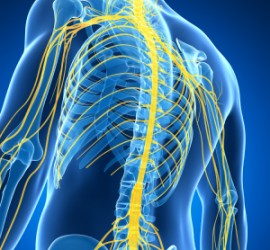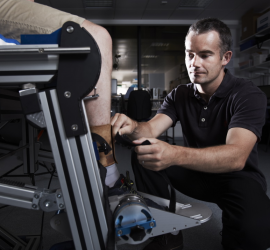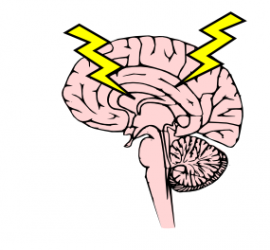Can we stop older people from falling if we teach them how to step? 2
Balance exercise programs are an effective way to prevent falls in older people. Exercises are mostly focused on controlling the center of mass while reducing the base of support, for example by standing on one leg. Balance control however, also requires adaptive responses that would require a person to either […]










